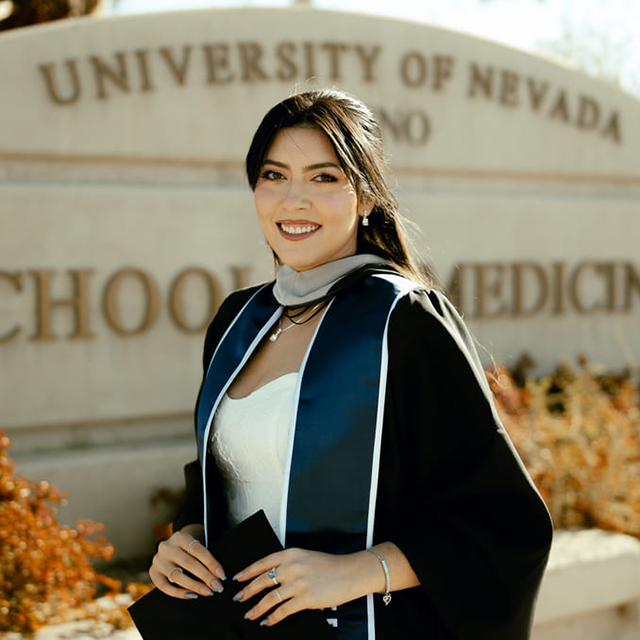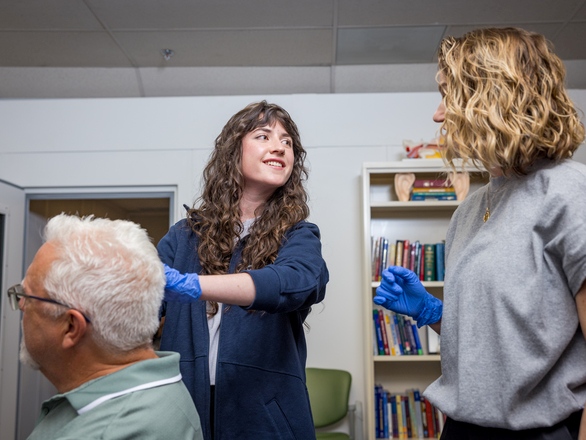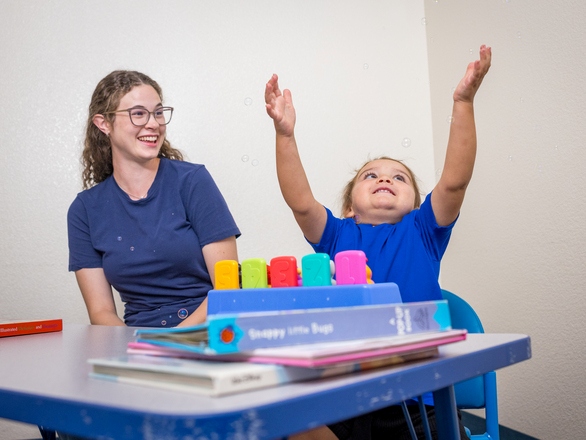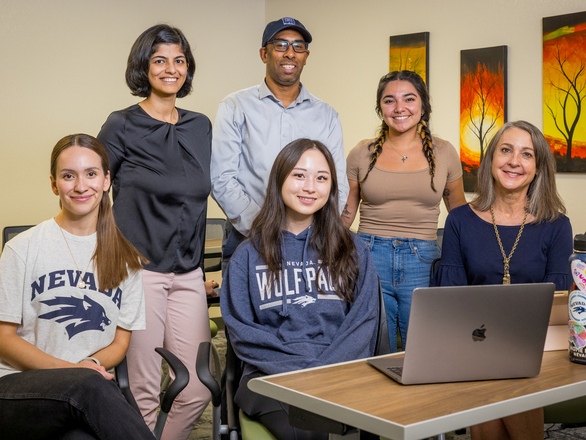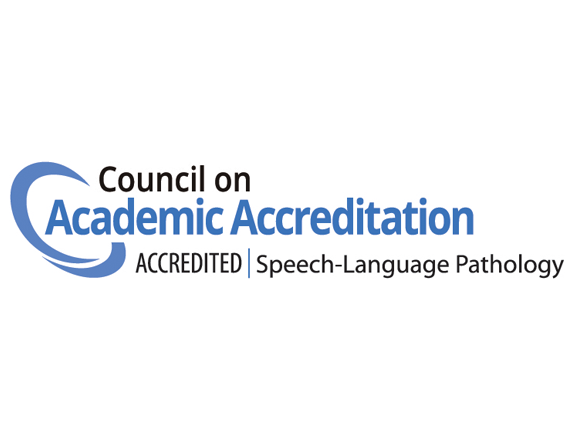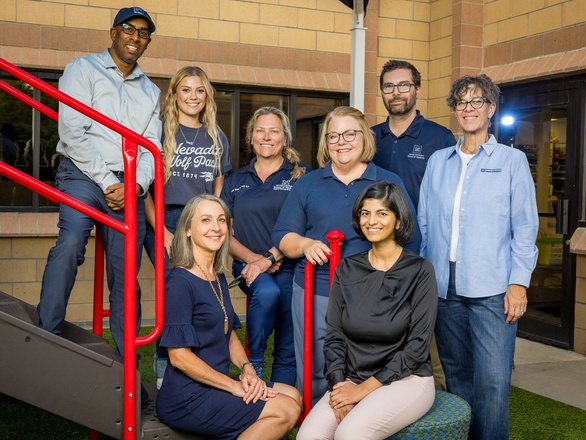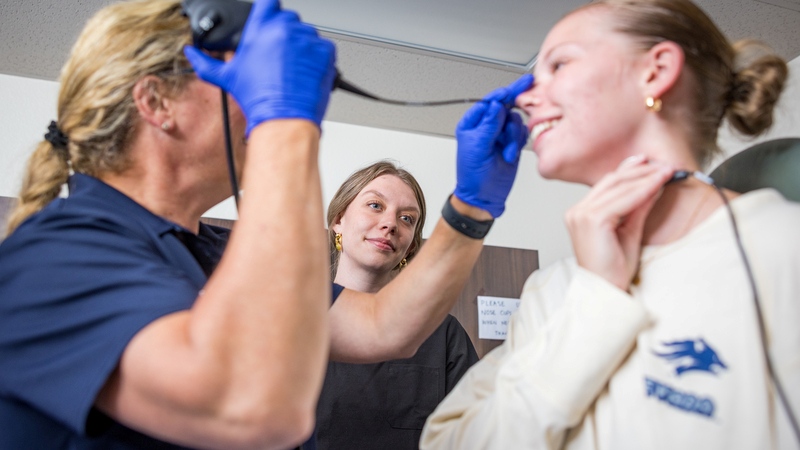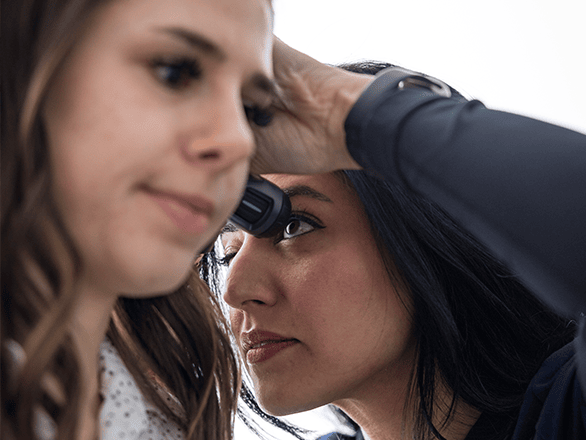
Transform lives with a degree in Speech Pathology and Audiology
Our programs equip students with the skills needed for impactful careers in diverse environments, from schools and hospitals to rehab centers and community clinics. With around 200 undergraduates and 50 graduate students enrolled in our B.S., M.S. and Ph.D. programs, you’ll be joining a dynamic community dedicated to making a difference. Explore our program offerings today.
